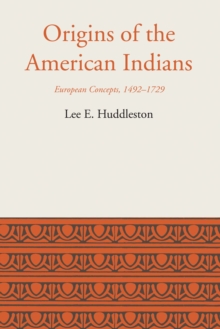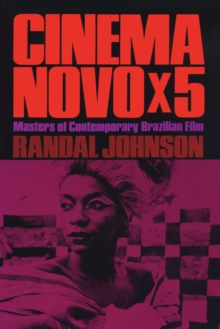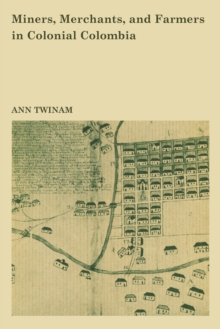
Poverty and Problem-Solving under Military Rule : The Urban Poor in Lima, Peru Paperback / softback
by Henry A. Dietz
Part of the LLILAS Latin American Monograph Series series
Paperback / softback
Description
Many countries in Latin America have experienced both rapid urbanization and military involvement in politics.
Yet few studies examine how military regimes react to the political pressures that wide-spread urban poverty creates or how the poor operate under authoritative rule.
Henry Dietz investigates Lima’s poor during the “revolution” of General Juan Velasco (1968–1975).
His study examines both the structural conditions promoting poverty and the individual consequences of being poor.
The poor join together in several ways to resolve politicized communal needs; Dietz’s data indicate that the local neighborhood plays a crucial role in determining modes of involvement.
Considerable attention is given to government attempts to encourage and control political activities by the poor.
Dietz analyzes the failure of SINAMOS, the regime’s mobilization agency, and in so doing raises general questions about corporatist solutions to social problems.
The wide range of original survey, informant, and ethnographic data provides much new information on elite-mass relationships in contemporary Latin America.
Dietz’s research illuminates much that is of concern to scholars and planners dealing with urbanization, poverty, and social policy formation.
Information
-
Available to Order - This title is available to order, with delivery expected within 2 weeks
- Format:Paperback / softback
- Pages:300 pages
- Publisher:University of Texas Press
- Publication Date:01/04/1980
- Category:
- ISBN:9781477307663
Information
-
Available to Order - This title is available to order, with delivery expected within 2 weeks
- Format:Paperback / softback
- Pages:300 pages
- Publisher:University of Texas Press
- Publication Date:01/04/1980
- Category:
- ISBN:9781477307663










